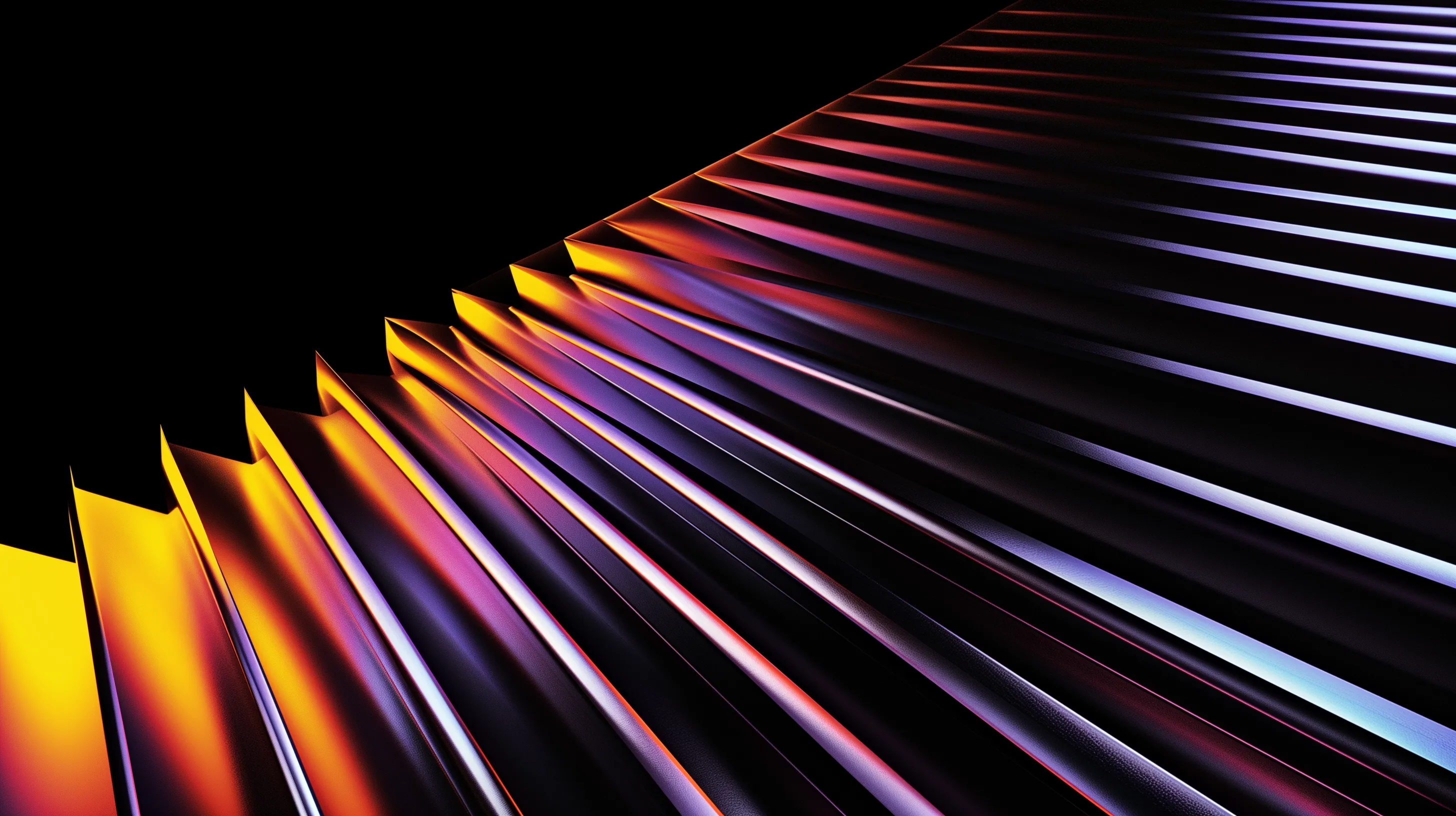Blog
August 16, 2024
Generative AI and Copyright Challenges
TLDR:The legal landscape for generative AI is complex, with ongoing debates over whether AI-generated content can be copyrighted. Recent lawsuits, like the one involving OpenAI and the New York Times, could set important precedents for how AI content is treated under copyright law.

The rise of generative AI, which can create text, images, and other forms of content, has sparked intense legal debates, especially regarding copyright. One of the most significant ongoing discussions is whether AI-generated content can be copyrighted. The U.S. Copyright Office has taken a firm stance that works generated entirely by AI do not qualify for copyright protection because they lack human authorship. However, this stance is nuanced, as the Copyright Office acknowledges that works containing AI-generated material, when combined with substantial human creativity, might be eligible for copyright
These legal ambiguities have led to multiple lawsuits. A prominent case is the New York Times vs. OpenAI, where the Times has accused OpenAI of infringing on its copyrighted material by using it to train the ChatGPT algorithm. The Times argues that the outputs of such AI systems could be considered derivative works, as they are based on existing copyrighted content. This lawsuit, along with others involving companies like Google, is likely to shape the legal landscape for AI-generated content in the years to come

